A project to demystify mental health issues and increase access to care in the African American community is expanding after a 3-year outreach phase in local churches.
“The general premise of this project was that if you already have a historically harmed community, you have to pass the test of trust in order for people to ask for help,” said Rev. Floyd Thompkins, a consultant with the San Francisco Theological Seminary, which received $270,000 in grants over 3 years to develop Project Trust. “In African American communities, churches are the trust brokers.”
Challenging Stigma
Project Trust mental health professionals, researchers and clergy work with local African American churches to fight stigma and raise awareness about access to mental health care.
Starting in 2016, Project Trust staff developed and implemented mental health first aid, stigma reduction, and mental health awareness programs at 10 predominately African American churches in San Francisco and the East Bay. Now, thanks to the Kaiser Permanente seed money, it is expanding its work to 17 additional churches in San Francisco, said Thompkins.
The project surveyed 600 church members on attitudes around mental health stigma, trained 90 church and community leaders in mental health first aid, and certified 2 youth mental health trainers.
In addition to working with black churches, Project Trust leaders and Kaiser Permanente mental health therapists participated in 2 training days last year for church leaders and psychotherapists on culturally appropriate mental health care and destigmatizing mental health in the African American community, said Jeannie Celestial, PhD, a Kaiser Permanente psychologist in Vallejo who helped organize the training.
As part of its support for Project Trust, Kaiser Permanente is co-sponsoring a March 21 conference in Oakland on the intersection of worship and mental health for pastors and health professionals.
A Credible Source
Thompkins said African American churches are an appropriate place to reach the community because they are seen as credible sources of information. Showing someone a website or giving them a phone number will not motivate people to ask for help if they need it.
“Most people want their mental health to be through a trusted, word-of-mouth source,” Thompkins said. “For the African American community, this should be the rubric.”
Training pastors in what to do for people in crisis and learning the risk factors and warning signs for mental illness and substance abuse is the first step in creating a warm hand-off to mental health therapists in the medical community, Thompkins said.
Increasing access to mental health care also includes educating people about why they might need to seek help.
“For example, your child gets shot and someone tells you that you need counseling,” Thompkins said. “And the reaction is, ‘My child got shot and now I have to go to the doctor?’”
Michael Smith, pastor of McGee Avenue Baptist Church in Berkeley, said Project Trust trained his church leaders in mental health first aid, helped his church strengthen existing programs for families, youth, and individuals where people can talk about mental health issues, including trauma, and empowered him to create a series of sermons about mental health.
“In many black churches, discussing issues of mental trauma is taboo, and a lot of times it makes people uncomfortable because they feel like they will automatically be stigmatized,” Smith said. “But Project Trust helped us open doors in terms of integrating mental health care into worship and Bible study. That was crucial.”
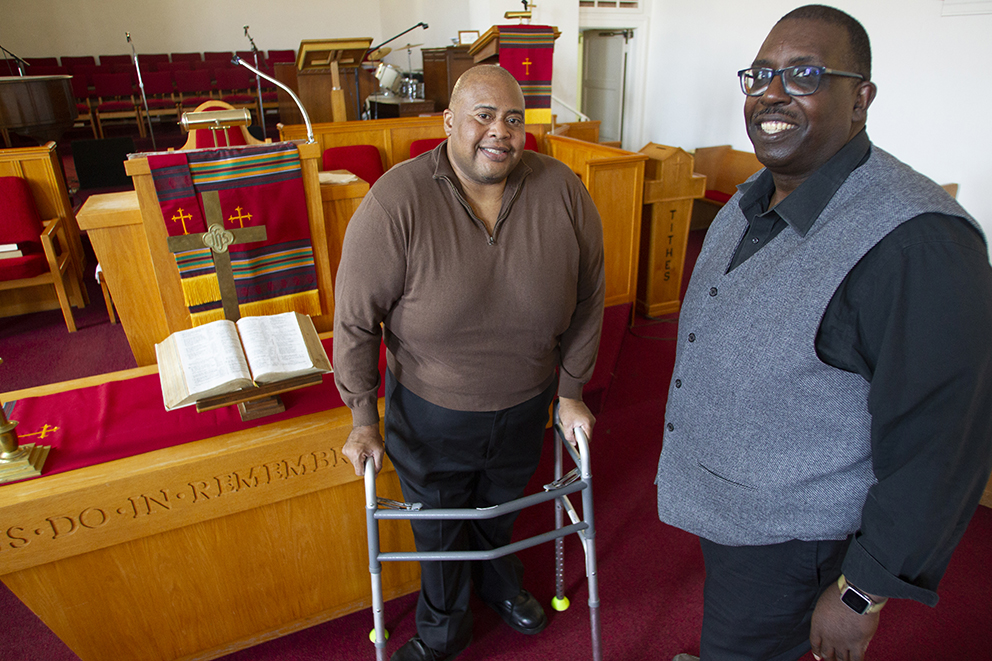
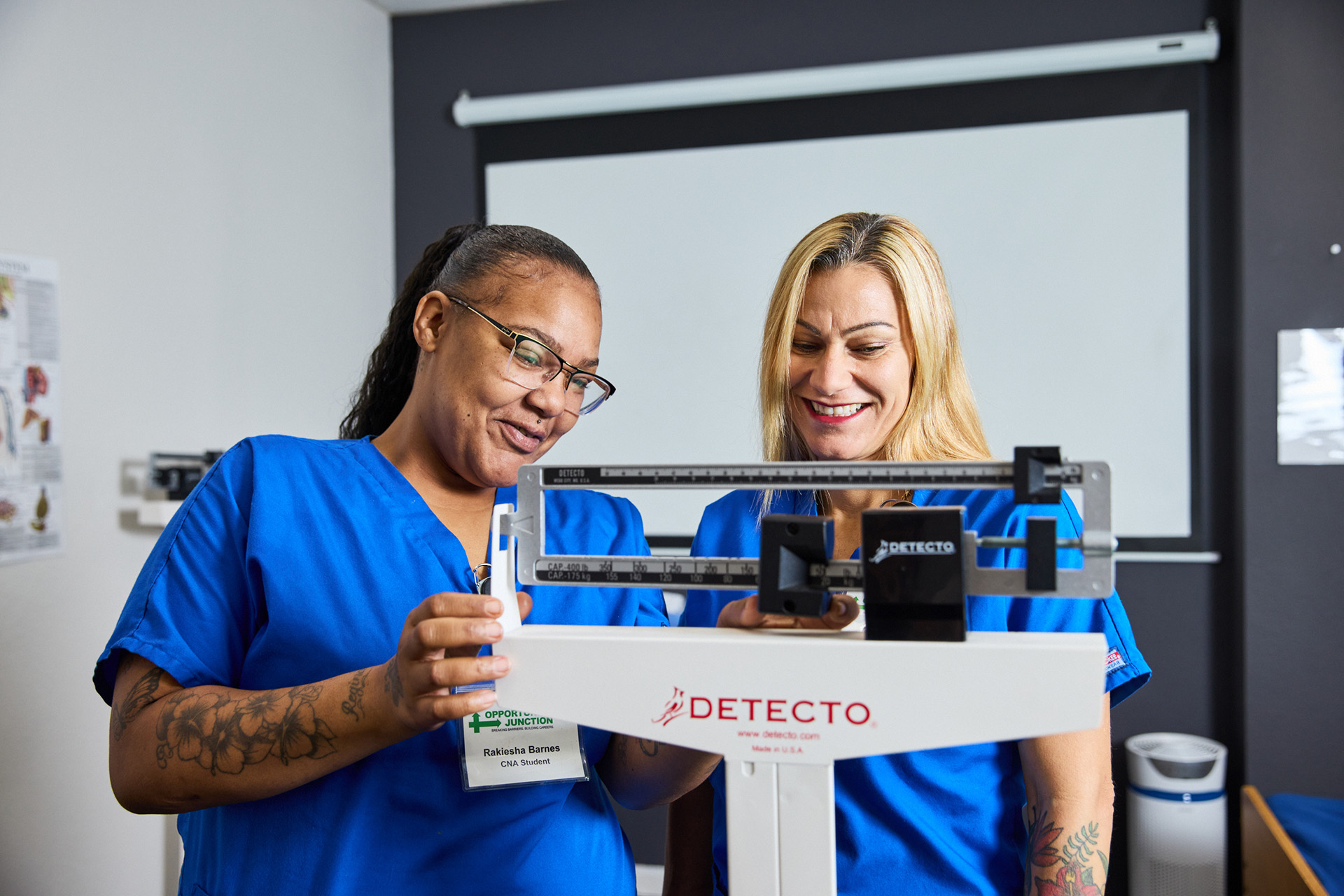
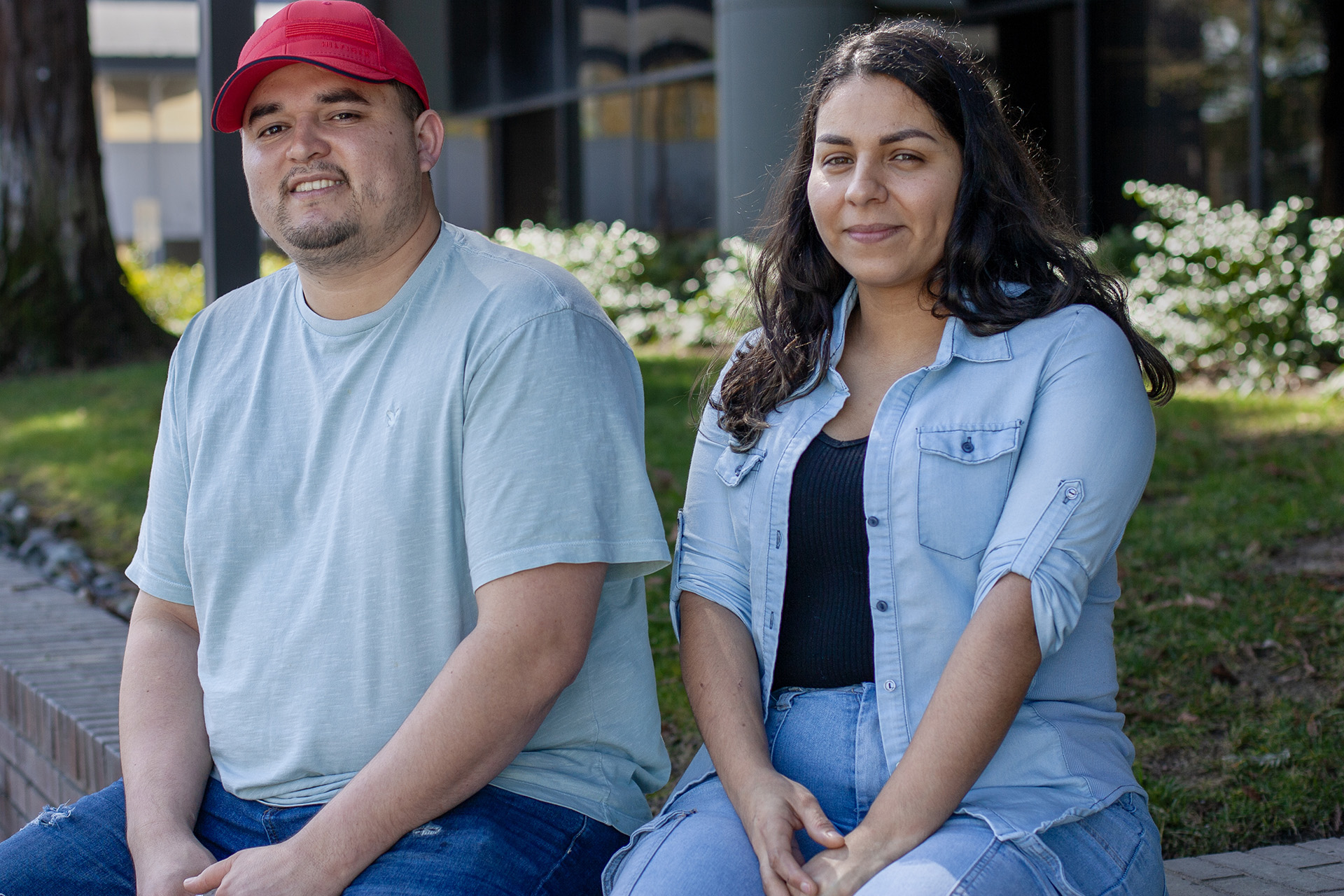
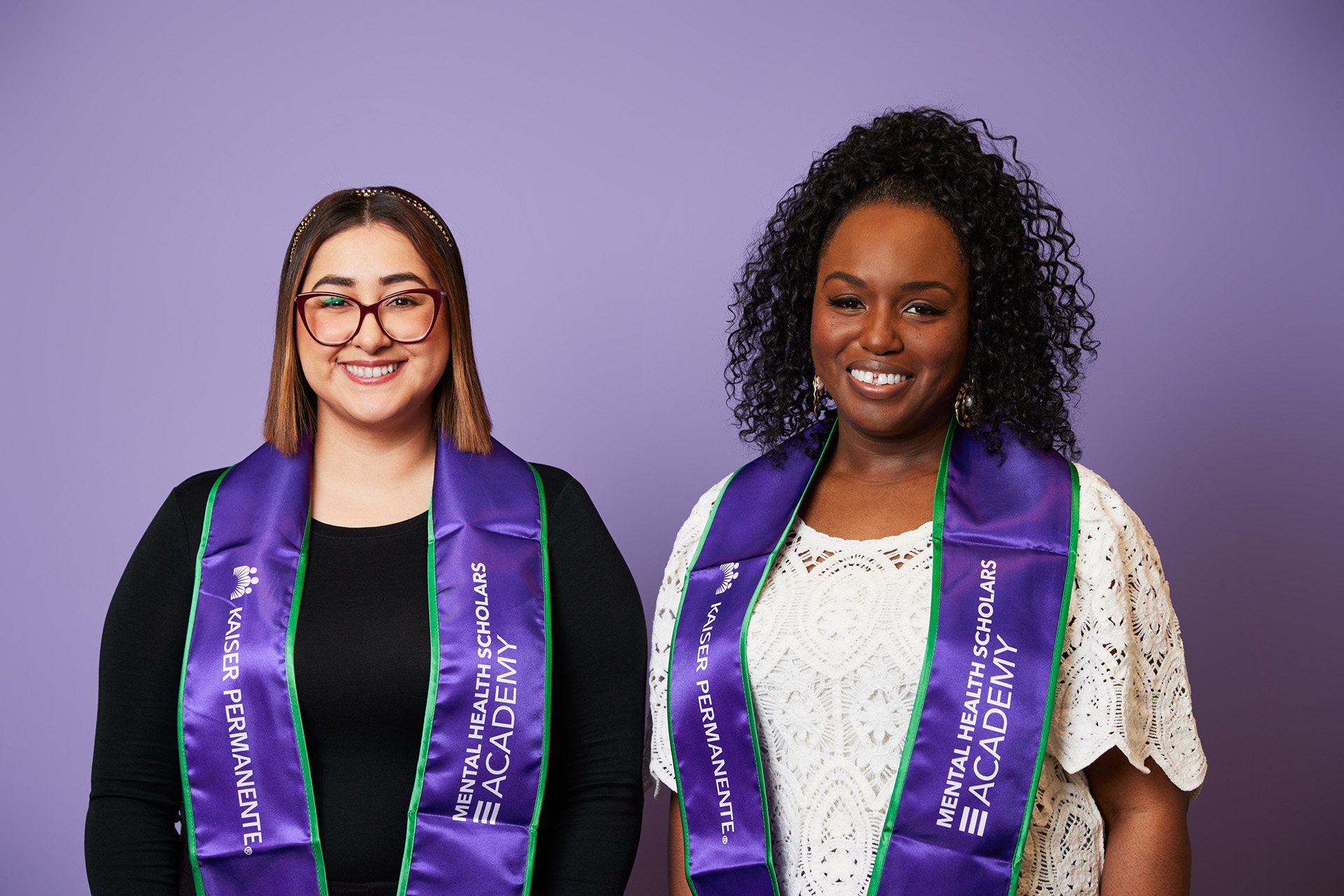
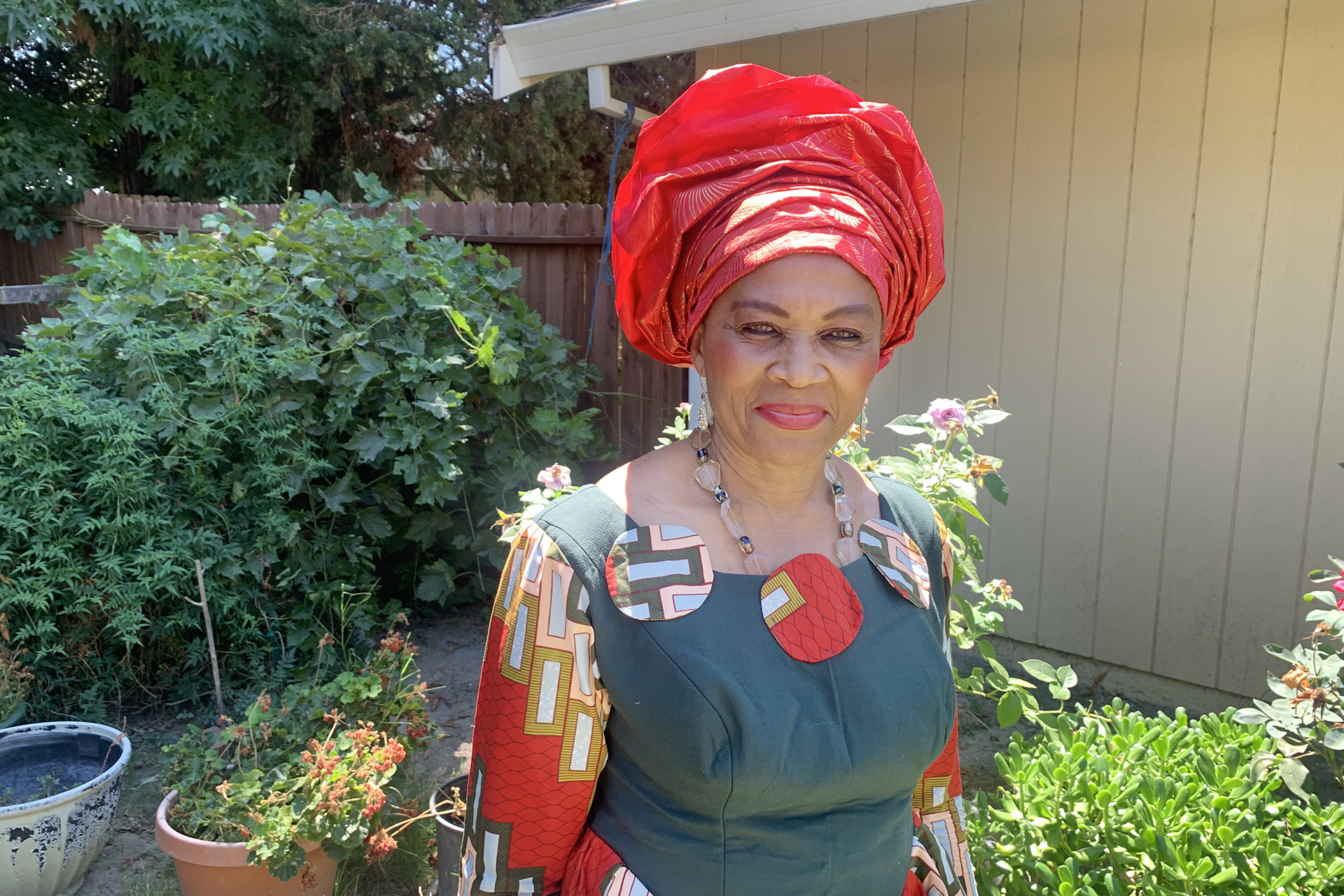
This Post Has One Comment
Rev. Thompkins is doing great work with this initiative. I have through this program, taken the mental health first aid class as a Lay Pastor in my church. It means so much to be able to provide assistance to those in need, even when it’s me.